12 The Best Natural Remedies for Cough and Sore Throat

Coughing and sore throats can be a common occurrence, especially during colder seasons or when you catch a cold. While over-the-counter medications can offer relief, natural remedies can be an effective way to soothe your symptoms at home. In this comprehensive guide, we’ll discuss 12 of the most effective natural remedies for cough and sore throat that you can easily prepare and use.
1. Honey for Cough and Sore Throat

The Healing Effects of Honey
Honey is not only a natural sweetener but also a powerful anti-inflammatory agent that can bring relief to your cough and sore throat. It’s a common ingredient in many traditional remedies and is favored for its soothing effect on the inflamed tissues of the throat.
How to Use Honey for Cough and Sore Throat
You can take honey in its raw form, swallowing a spoonful when needed, or mixing it with a hot beverage like herbal tea. Adding lemon to your honey-infused drink can enhance the taste and provide additional health benefits.
Note: Children under 1 year of age should not consume honey due to the risk of infant botulism.
2. Probiotics for a Healthy Immune System
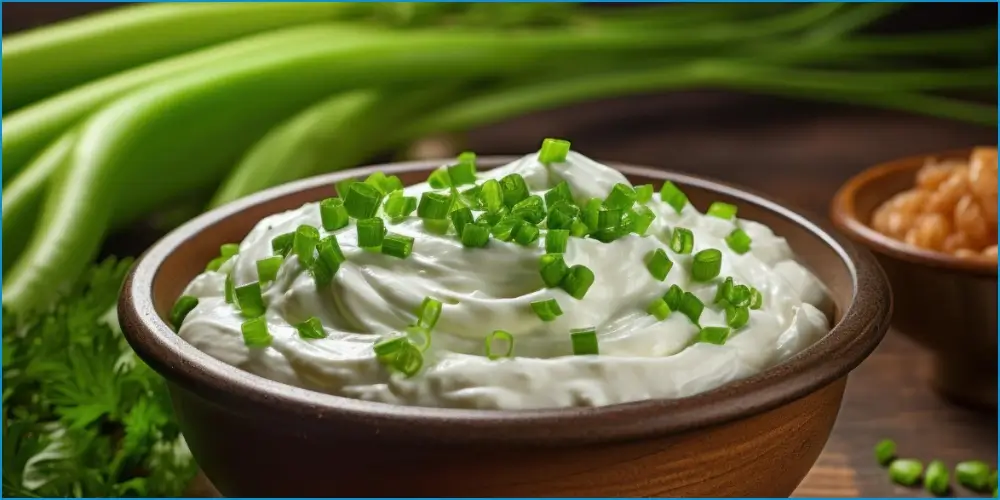
The Power of Probiotics
Probiotics, beneficial microorganisms found in certain foods and supplements, can boost your immune system and help your body fight off infections that may be causing your cough.
Getting Probiotics from Your Diet
You can get probiotics from several foods, including yogurt, fermented foods like kimchi, sauerkraut, and miso soup. Probiotic supplements are also available if you need a more potent dose.
3. Bromelain from Pineapples

Bromelain for Cough and Mucus
Bromelain is an enzyme found in pineapples known for its anti-inflammatory properties and its ability to break down mucus, which can be beneficial for people with a cough.
Consuming Bromelain in Your Diet
To reap the benefits of bromelain, you can consume fresh pineapple or pineapple juice. Bromelain supplements also exist for a more concentrated dose.
4. Peppermint for Soothing Cough
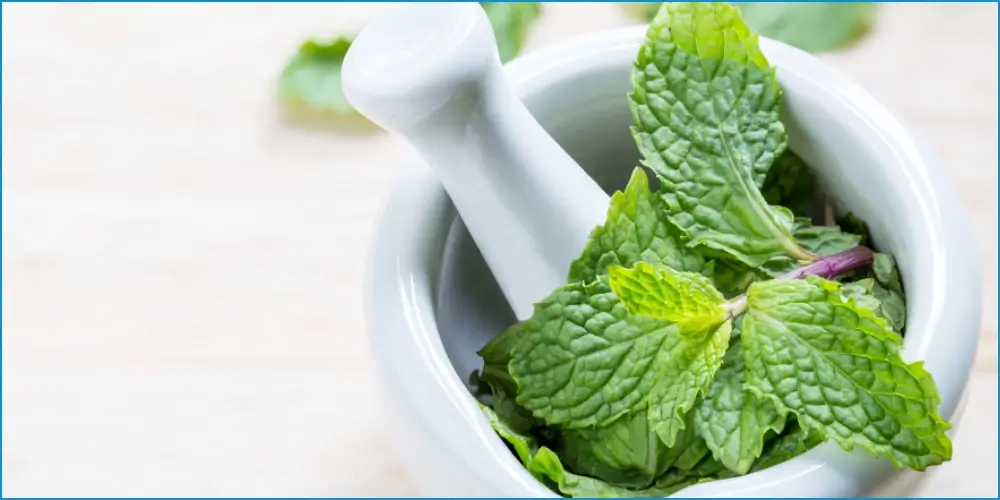
The Benefits of Peppermint
Peppermint leaves have healing properties that can relieve respiratory illnesses. The menthol in peppermint can soothe your throat and suppress coughs.
How to Use Peppermint for Cough
You can enjoy peppermint as a hot tea or inhale its vapors from a steam bath. Adding a few drops of peppermint oil to a cup of hot water and inhaling the steam can bring immediate relief.
5. Marshmallow Root
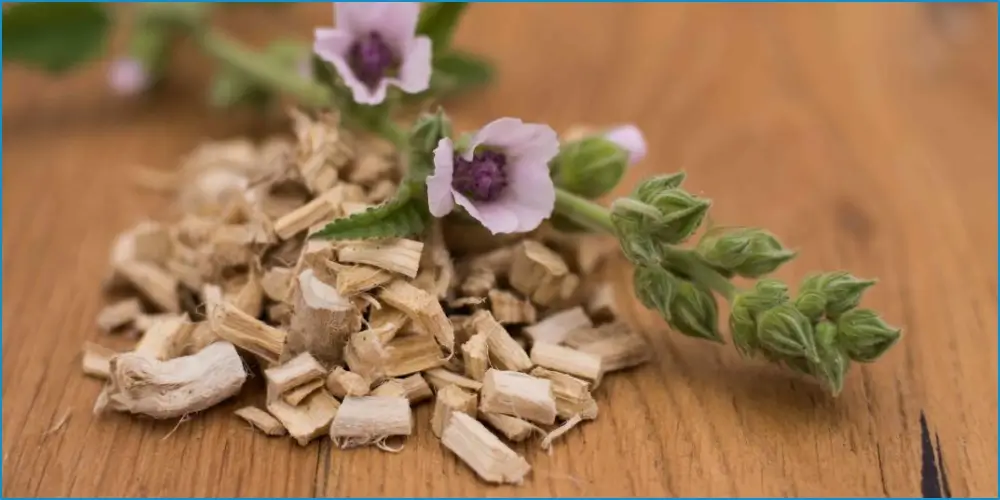
Marshmallow Root for Cough and Sore Throat
Marshmallow root, an herb used since ancient times, can soothe your throat and suppress coughs due to its high mucilage content, a substance that coats the throat and reduces irritation.
Consuming Marshmallow Root
Marshmallow root can be consumed as a tea or in capsule form. The herbal tea can be soothing for a cough, especially one that comes with a sore throat.
6. Thyme Tea
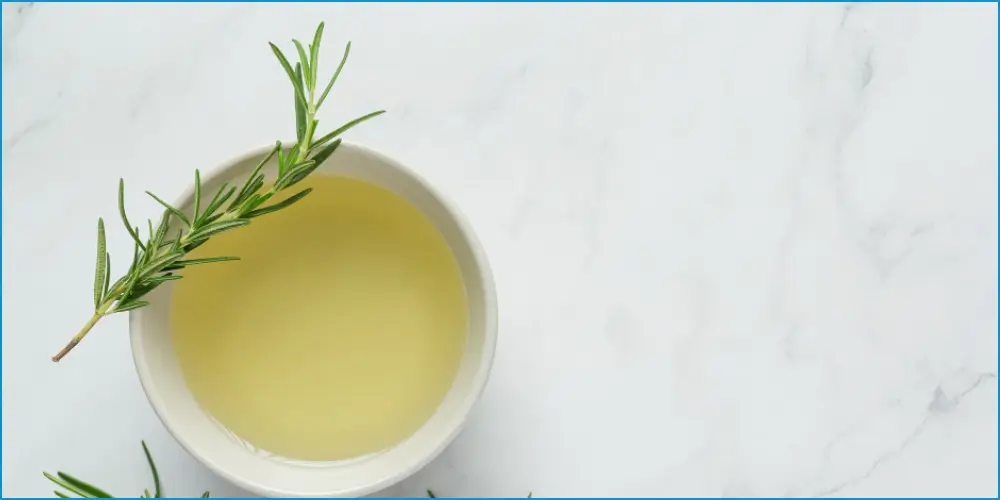
The Healing Properties of Thyme
Thyme, a commonly used herb for culinary and medicinal purposes, can alleviate cough and bronchitis symptoms due to its anti-inflammatory properties.
Preparing Thyme Tea
To prepare thyme tea, you would need 2 teaspoons of crushed thyme leaves and 1 cup of boiling water. Let the mixture steep for about 10 minutes before straining and drinking.
7. Saltwater Gargle

Saltwater for Sore Throat
A simple yet effective home remedy for a sore throat is a saltwater gargle. The solution can help cleanse the throat of bacteria and reduce inflammation.
Preparing a Saltwater Gargle
To prepare a saltwater gargle, mix 1/2 teaspoon of salt with a cup of warm water. Allow the solution to cool slightly before using it to gargle. Repeat this several times a day until your cough improves.
8. Ginger for Dry Cough
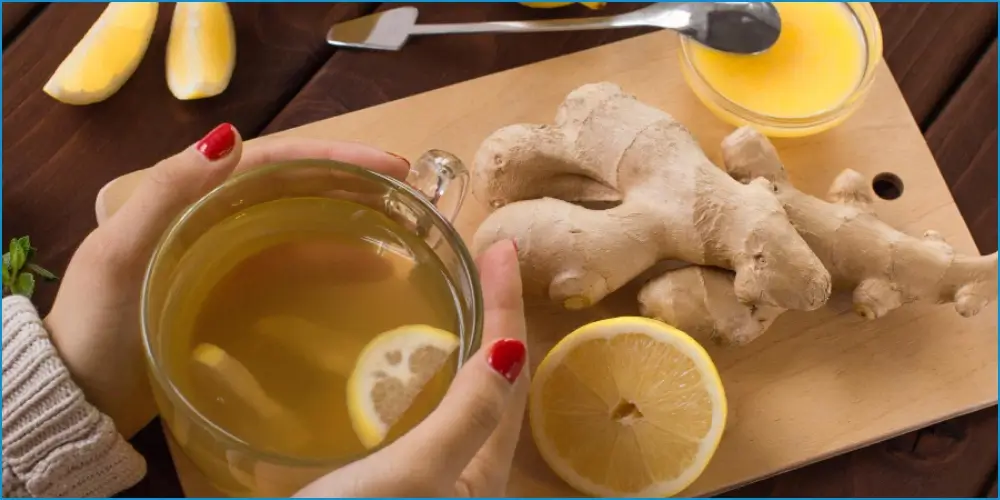
The Benefits of Ginger
Ginger can ease a dry or asthmatic cough due to its anti-inflammatory properties. It can also relieve nausea and pain associated with a cough.
Consuming Ginger for Cough and Sore Throat
You can add ginger to your dishes or consume it as a tea. However, excessive intake of ginger may cause heartburn or stomach upset.
9. Slippery Elm for Cough Relief

Slippery Elm for Soothing Throat
Slippery elm, a traditional remedy, can soothe a sore throat and cough due to its high mucilage content, similar to marshmallow root.
Consuming Slippery Elm
You can make slippery elm tea by adding 1 teaspoon of the dried herb to a cup of hot water. Let it steep for at least 10 minutes before drinking.
10. Dietary Changes for Acid Reflux

Acid Reflux and Cough
Acid reflux can cause a cough. Thus, avoiding foods that trigger acid reflux can help manage this condition and reduce the associated cough.
Foods to Avoid
The most common triggers of acid reflux include alcohol, caffeine, chocolate, citrus foods, fried and fatty foods, garlic and onions, mint, and spicy foods.
11. Hydrate with Hot Fluids
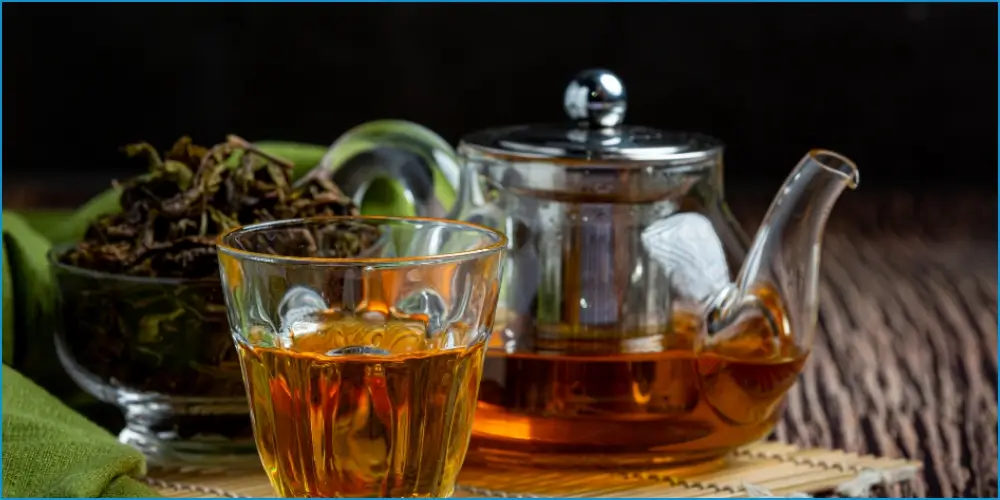
The Importance of Hydration
Drinking plenty of warm fluids can help soothe your throat and break up mucus, easing your cough. Hot fluids like herbal teas, broths, or warm water can be particularly comforting.
12. Steam Inhalation

Steam for Wet Cough
Inhaling steam can improve a wet cough, which is a cough that produces mucus. You can do this by taking a hot shower or making a steam bowl.
Preparing a Steam Bowl
To prepare a steam bowl, fill a large bowl with hot water and add herbs or essential oils. Lean over the bowl, cover your head with a towel, and breathe in the steam.
In conclusion, these natural remedies for cough and sore throat can provide relief and comfort when you’re dealing with these common ailments. Always remember to consult with a healthcare professional before starting any new treatment or supplement, especially if you’re taking other medications or have underlying health conditions.


